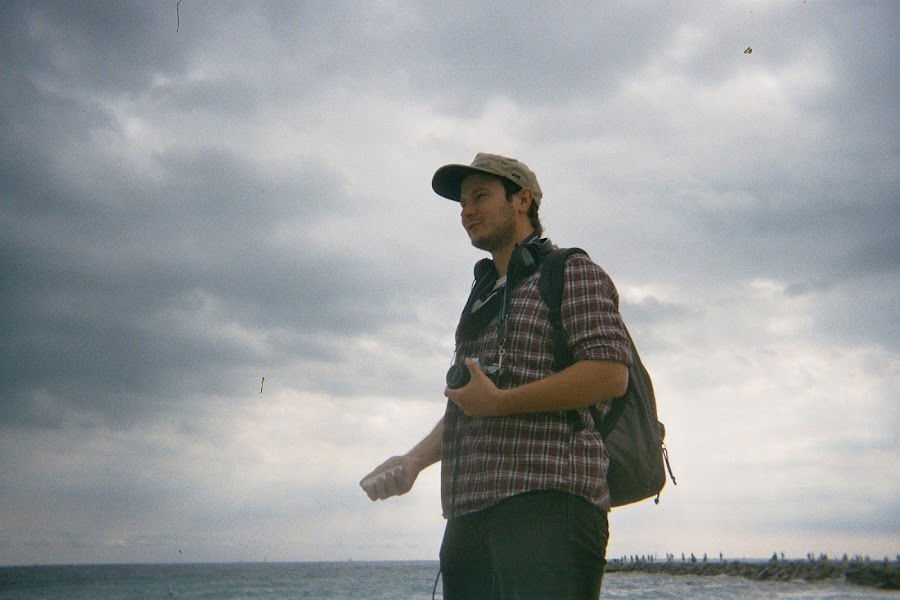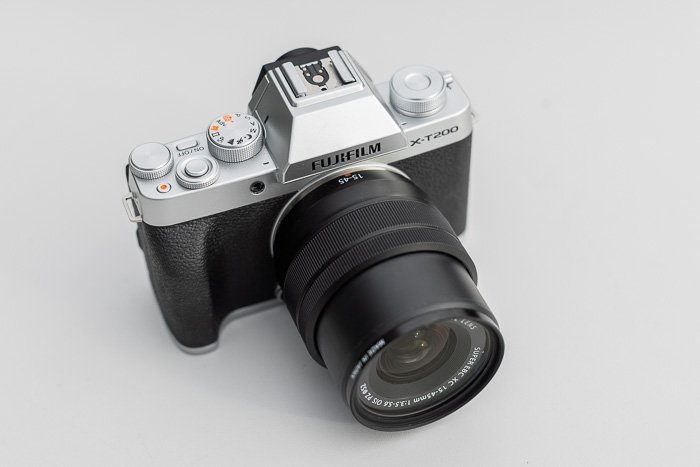If you want to go professional, you need to know how to start a photography business legally. This might sound obvious, but it’s best to have a good understanding of the legal framework before you start earning money. If you want success as a professional photographer, you need to be professional about the legal side of things.
The legalities of starting a photography business might seem daunting, but we’re here to help you get started. This article covers all the legal basics, from the must-know photography laws to the essential documentation.
It isn’t the most glamorous aspect of being a photographer, but you have to run your photography business legally. Read reading to learn more, and remember to click on the links to see full, in-depth articles on each topic.
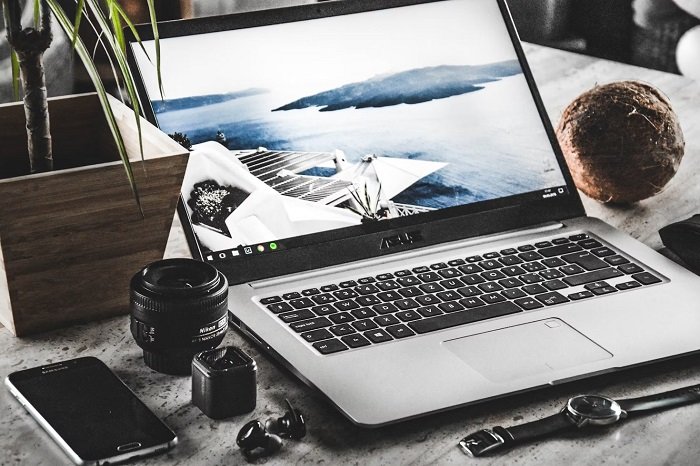
How to Start a Photography Business Legally
When you imagine being a professional photographer, you’re probably thinking about high-spec gear and glamorous photoshoots. You’re probably not thinking about legal documentation. Unfortunately, legal forms play a vital role in any photography business. You’ll get to do the fun stuff too, but you can’t ignore the legal side.
Before you start any business, you need to have a good understanding of the legal framework relating to that industry. That means learning the laws of the country your based in. And if you’re a traveling photographer, you’ll need at least an introductory knowledge of the laws in each country you work in.
This might sound complicated, but you don’t need a degree from Harvard Law School to start a photography business. You just need to know the industry dos and don’ts, and you need to know all the documents you’ll need and why.
On the financial side, we recommend speaking to a bank or an accountant before you start your business. This professional advice is essential when starting any kind of business legally. They will help you setup business accounts and register as a business or as a self-employed worker.
Reaching out to other professional photographers is another great way to get started. The only thing better from your own mistakes is to learn from other people’s, so probe the pros for info on getting started.
The majority of legal information you need to know relates to documents like model and property release forms. You also need photography licenses and insurance. This might seem dry and corporate, but we explain everything in this article. We break everything down so you can easily start a photography business legally.
Legal Basics
The first step is to learn the legal basics. That means learning the photography laws of the country you’re working in. These tell you who and what you can and cannot take pictures of. And they also tell you what you can and cannot use those photographers for.
It’s important to remember photography laws are not the same in every country. Laws differ from country to country, so you need to know what’s possible legally when you take a job any country. This isn’t such a problem if you’re based in one country, like the UK for example. But you need to bear it in find if your photography involves travel.
Copyright laws are another important aspect of running a photography business. Much like other laws, they vary from country to country, so you need to do your research.
Let’s get stuck into the specifics of photography law. Remember, this is just an introduction, so please search for official legal information from the correct authorities in your country.
Must-Know Photography Laws
Photographers must understand copyright law to protect their work. Copyright is automatically applied to photographs at the moment of creation, giving the photographer ownership and control over the image. This means clients can only use the photos with the photographer’s permission, even if they paid for the shoot.
However, photographers also have restrictions on how they can use their own images. If the photo contains recognizable people or private property, the photographer needs a release form to use the image commercially. Commercial use includes anything created for profit, such as selling prints or using the photo in advertising.
Photographers should also be aware of the legalities surrounding watermarks and sharing photos on social media. Watermarks can help identify the creator and deter theft, while understanding social media terms of service is important to protect your copyright.
If you’d like to learn more about photography laws, our full article is the best place to start.

UK Photography Laws
In the UK, photographers have the right to take photos in public spaces without needing permission. This includes taking photos of people, property, and government buildings. However, it’s important to respect people’s privacy and avoid being intrusive if they’re in a private place like their home.
If you’re on private property that’s open to the public, such as shopping centers or restaurants, you can take photos until the owner or management asks you to stop. Even if you’re asked to stop taking photos on private property, no one can force you to delete the photos you’ve already taken without a court order.
When it comes to dealing with confrontations, it’s best to ask questions and clarify your rights. Ask why you’re being stopped, who the person stopping you is, and what legal basis they have for their actions. Most threats related to public order, privacy rights, or terrorism are unfounded.
To learn more about UK photography laws, check out this in-depth article.
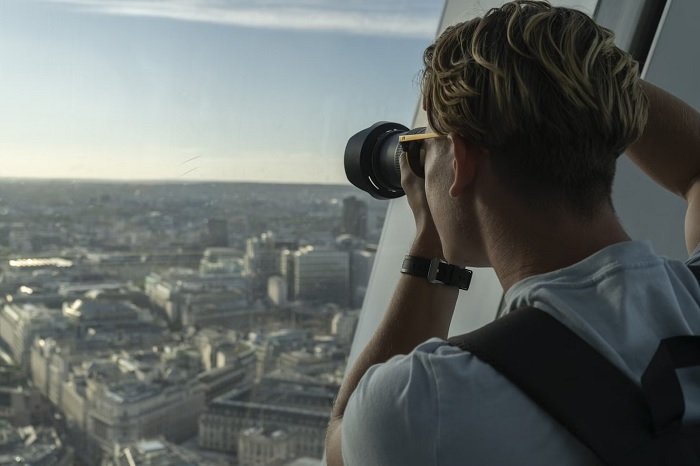
Copyrighting Photos
Copyright is a law that protects your ownership of the photos you create. This means you have the right to reproduce, sell, and do whatever you wish with your images. Copyright automatically applies to your work the moment you create it and lasts your entire life plus some time after your death.
While not required, registering your photos with the US Copyright Office provides extra protection. If someone uses your images without permission, having them registered makes it easier to take legal action. You can apply for copyright online or by mail for a fee.
If you find someone using your copyrighted images without permission, you have options. You can politely ask them to remove the image, give you credit, send a take-down notice, or even sue if they are profiting from your work.
To learn more about how to copyright photos, start with our full article before consulting with an attorney who specializes in intellectual property law.

Photography Insurance
Camera insurance is a must for any serious photographer, whether you’re a hobbyist or a seasoned pro. At the very least, it will help you replace a cracked lens, but it can also protect you from potential lawsuits.
When buying camera insurance, use a company that specializes in photography. General insurance brokers may be unable to tailor the policy to your needs. Make sure to discuss the fields you photograph in, as it may influence the final price of your policy.
Liability insurance is also important if you work with clients. It covers your business, property, employees, and anyone you come into contact with. Errors and omissions insurance protects your reputation and covers costs associated with lawsuits.
If you’d like to learn more about photography insurance, we have a detailed guide that covers everything you need to know.
![]()
Essential Legal Paperwork
Legal paperwork isn’t fun, but it’s something you’ll have to get used to as a professional photographer. You can’t operate without the correct legal documentation, so completing the forms is an important part of running your photography business legally.
You’ll need a contract for most photography jobs, so you need to know what to include when writing one. Model and property releases are also essential if you want to make money from your images. It’s best to take the time to get know know the documents and when you’ll need them so they become part of your professional workflow.
Photography Contracts
A photography contract protects both you and your client. It sets clear expectations and consequences, making the transaction more professional. The contract also builds trust by ensuring there are no surprises.
At the very least, your photography contract should include your business name, the client’s full name, and contact information. Specify the photoshoot date, start time, location, and what each side will deliver. Outline your cancellation policy and any fees that may apply.
Detail the payment schedule and copyright ownership. You’ll typically want to keep the copyright while granting the client use rights. Get model releases to use the photos publicly, especially online. Finally, explain your editing process and any extra fees for travel or major changes.
A photography contract is a must to protect your business, and our in-depth guide has everything you need to know about them.

Photography License
A photography license is a legal requirement for professional photographers in some areas. The specific licenses and permits needed vary by country, state, and city. It’s important to check with local officials to determine what’s necessary for your photography business.
In the United States, most places don’t require a professional photography license. However, a few select cities may have this requirement at the city or state level. Contact your local city hall or state licensing board for more information.
Even if a photography license isn’t required, consider getting a certification from an organization like the Professional Photographers of America. This adds a layer of professionalism to your business and can help you stand out in today’s market.
Check out our full-length article on getting a photography license for everything you need to know.

Photo Licensing Agreement
A photo licensing agreement is a contract that outlines how a client can use your images. It grants specific usage rights to the client, and the images may only be used within the bounds of this agreement. The licensing agreement is a separate document from your main contract.
The agreement should specify if the license is exclusive or non-exclusive and describe the intended use of the images. Be very specific about how the client can use your photos. More clients are asking for “universal and unlimited rights,” but they should pay extra for this.
The agreement must also specify the time frame the client can use the image. You can allow longer use, but it should cost extra.
To learn more about the details to include in your photo licensing agreement, our in-depth post has everything you need to get started.

Photo Release Form
A photo release form is a contract between the photographer and the subject that grants permission to use the image. In the U.S., using someone’s likeness commercially without their consent is prohibited. The form can include usage limits and an expiration date.
There are different types of photo release forms. Model release forms are for photographing people, while property release forms cover buildings and objects. Print release forms allow clients to make copies of photos. Minor release forms require a parent or guardian’s signature for subjects under 18.
You don’t need a release form to take photos in public places, but you can’t use those images commercially without permission. Selling a photo is considered commercial use, as is using it to promote your photography services on social media.
See our full article on photo release forms to give yourself everything you need to know about this topic.

Model Release Form
A model release form is a legal contract between a photographer and the subject they photograph. It gives the photographer permission to use the photos in specific ways, such as for commercial purposes or in a portfolio. The form protects both parties by outlining the rights and responsibilities of each.
The details in a model release form can vary depending on local laws and the intended use of the photos. It’s important to research the requirements for your location and situation. In general, the form should include the subject’s name and contact information, a description of the photos, and the specific usage rights being granted.
Using a template can make creating a model release form easier. Customize it to fit your needs, and have it reviewed by a legal professional to ensure its validity.
A model release form is an essential tool for any photographer working with models or subjects, so it’s worth creating a thorough and legally sound document.
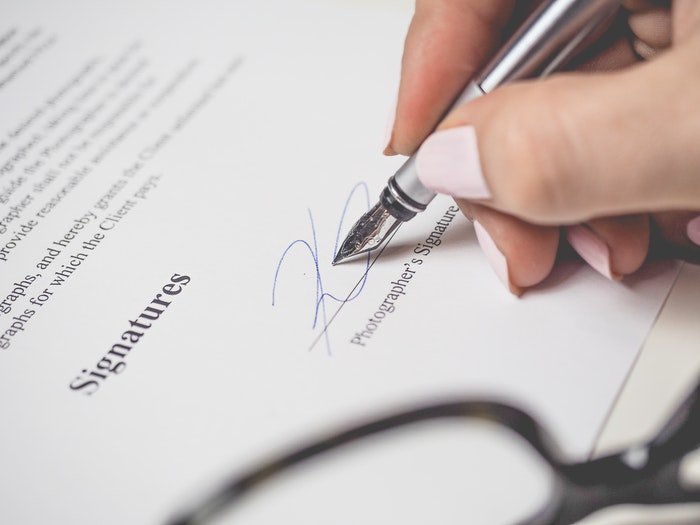
Model Release Form Apps
A model release app makes it easy to get permission from models to use their photos commercially. You can use your smartphone to have models sign the release digitally. This protects you from legal issues if you want to sell the photos later.
Popular model release apps include Model Releaser, Easy Release, and Releases by 500px. They offer customizable forms and useful features like attaching model photos to the releases. You can also back up your files to the cloud to always have a copy.
Some apps have free versions, while others require a purchase to unlock all the features. Try out a few to find the best model release app for your needs. Using one is an important step if you want to do professional photography.
Our guide on model release apps will give you all of your top options for ensuring you have valid model release forms.
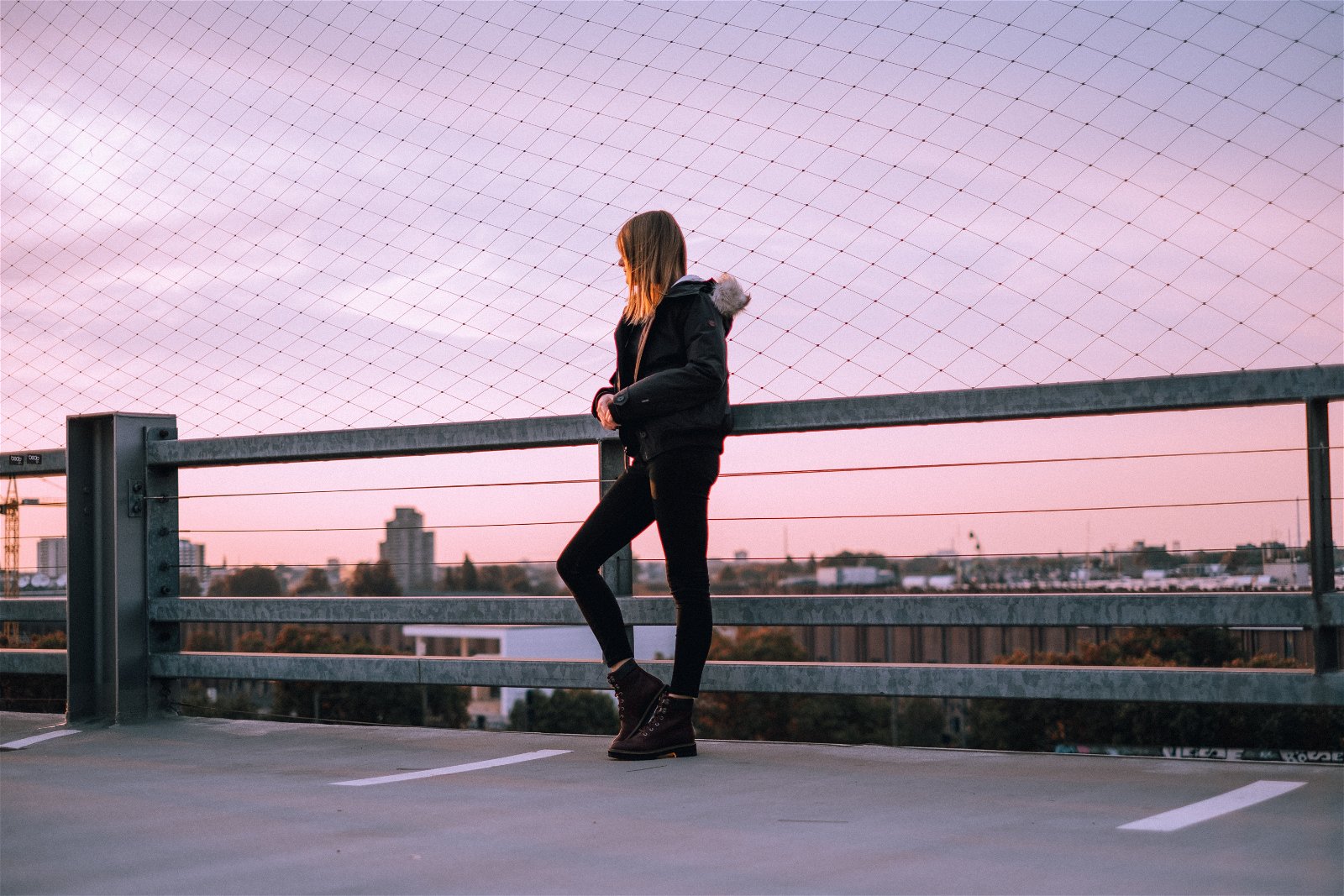
Real Estate Photo Contracts
A real estate photography contract is an important document that outlines the terms and expectations between the photographer and the client. It should include information about both parties, the scope of the agreement, payment terms, property requirements, extra fees, image delivery, usage rights, and a property release.
The scope of the agreement is the most important part, describing your services in detail to avoid misunderstandings. Payment terms are also crucial, specifying the final price, deposit, and when payment is due. It’s best to ask for a deposit to secure the shoot date and receive the final payment before delivering the full-resolution images.
The contract should also outline the client’s responsibilities in preparing the property for the shoot. If you want to use the images for your real estate photography, include a property contract.

Property Release Form
A property release form is a written contract between a photographer and the owner of a property. It grants the photographer permission to use images of the property for commercial or artistic purposes. This form protects the rights of both parties and outlines the terms of the agreement, such as the time period, licensing regulations, and financial details.
To be legally binding, a property release form must include the names, addresses, dates, and signatures of both parties, in addition to the agreed-upon terms. Landscape, street, and architectural photographers often require these forms to use their images in magazines, advertisements, or other commercial contexts.
Even seemingly public spaces like shopping centers, city squares, and streets may be privately owned, necessitating a property release form for professional photography. While capturing images in these areas is generally allowed, using them for commercial purposes without permission can lead to legal issues.
Obtaining a signed property release form is essential if you plan to sell your images through a stock photography website or use them for a professional photo shoot.
A property release form can help you avoid potential problems and ensure that you have the necessary permissions to use your images as intended.

